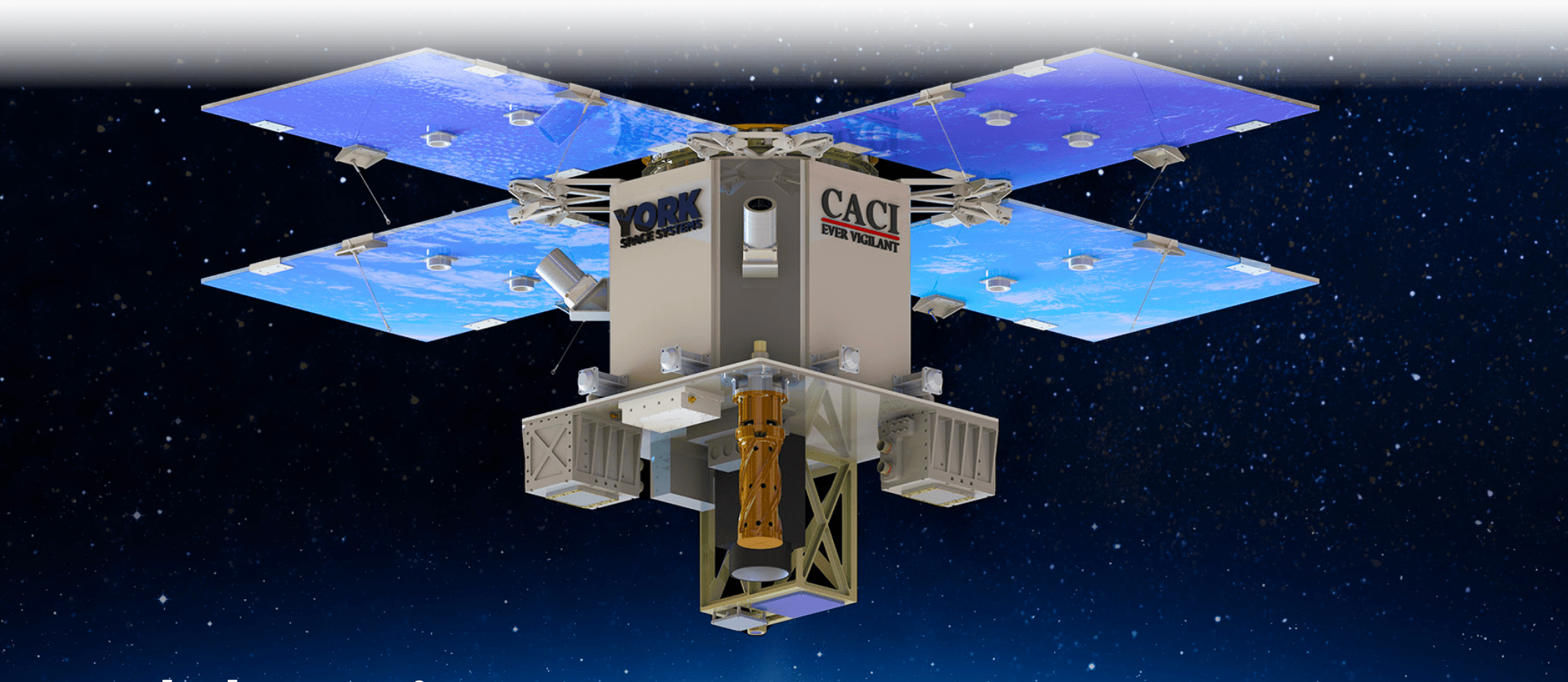CACI to collaborate with U.S. Army on space technologies

WASHINGTON – U.S. defense contractor CACI International announced Feb. 6 it signed an agreement with the U.S. Army to collaborate on the development of space sensors and payloads for positioning, navigation and timing.
The company, based in Reston, Virginia, signed a five-year cooperative research and development agreement (CRADA) with the U.S. Army Space and Missile Defense Command Technical Center, located in Huntsville, Alabama.
The agreement is to “further the development of advanced payload technologies, space sensor applications, and resilient positioning, navigation and timing (PNT),” said Todd Probert, CACI’s president of national security and innovative solutions.
The CRADA will give the Army access to the technology CACI plans to launch in an upcoming demonstration mission. The company developed two payloads — one for PNT and the other for tactical signals intelligence — that will fly to low Earth orbit on a York Space satellite bus scheduled to launch no earlier than April on the SpaceX Transporter 7 rideshare.
“The payload has completed all of its ground testing. It’s ready to go,” said Probert.
The PNT payload, called “time-focused PNT,” will demonstrate GPS-independent Earth-space time synchronization. The technology is intended to “contribute to GPS resiliency, and provide augmentation in GPS-denied or degraded environments,” the company said.
The tactical signals intelligence payload will demonstrate the ability to collect, geolocate, demodulate and decode digital mobile radio signals.
“The Army expressed interest in participating in the program to evaluate these technologies for military use,” the company said.
The PNT technology would serve as a back-up to GPS or as an alternative when GPS is unavailable. This technology is of interest to the Army as soldiers and weapons systems are highly dependent on PNT signals from space and need other options in case GPS signals are jammed.
Probert said CACI’s satellite demonstration was funded by several customers he could not disclose and he expects the Army to become a user of the company’s PNT and signals intelligence payloads. “We’re very hopeful and that’s why we spent the time and effort to get this CRADA in place.” If the demonstration is successful, Probert said, there are a number of ways these payloads could be deployed either on government or commercial satellites.
Under the agreement, CACI also will work with the Army on laser communications, laser sensing, artificial intelligence and secure communication.
Related
ncG1vNJzZmiroJawprrEsKpnm5%2BifKStwqJkraddmLytuMCbpquZpJp6uLXToWSuZaNirrO52Gamp2Wjpa6ksYytnJygnqS5sLPInqpo